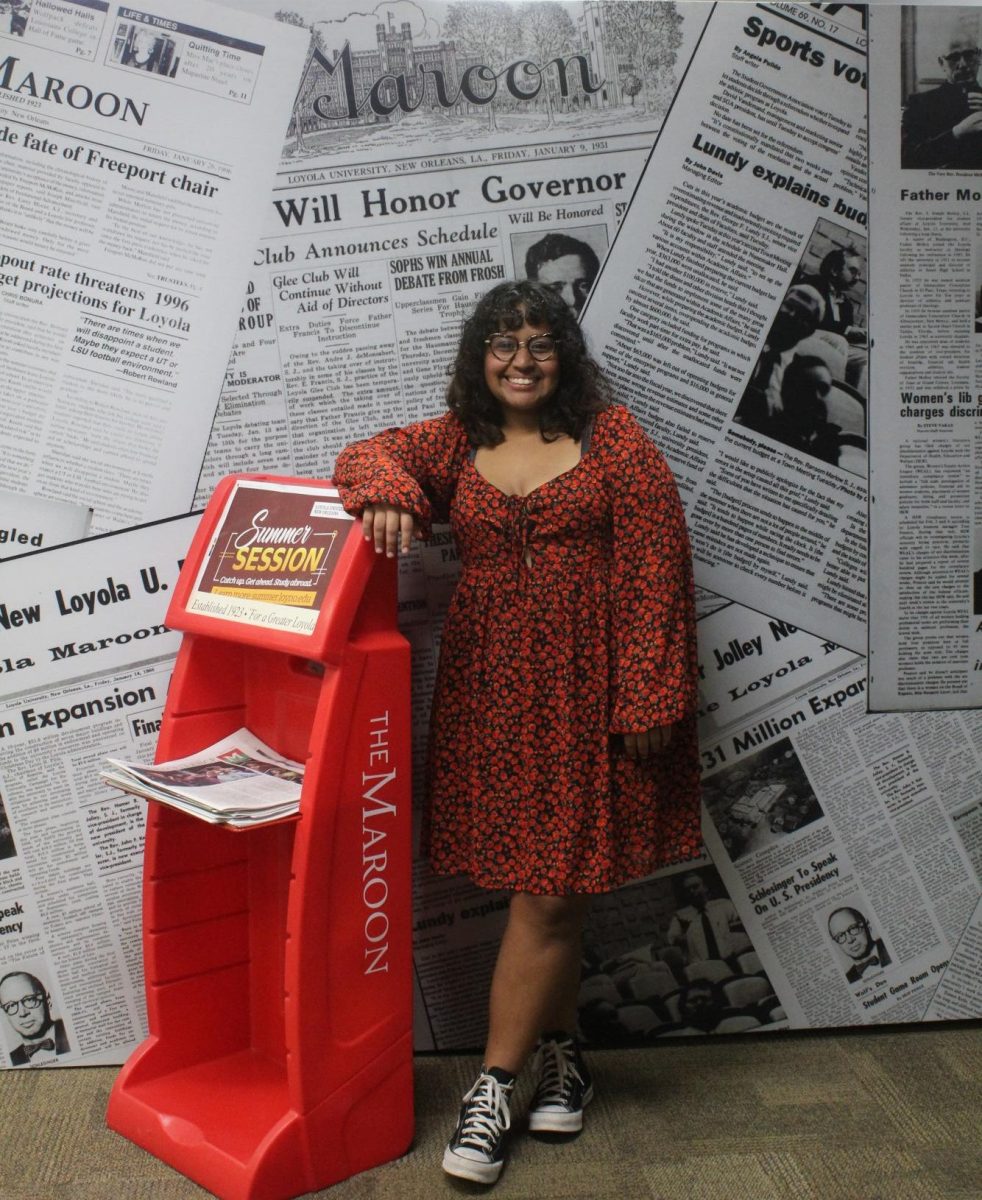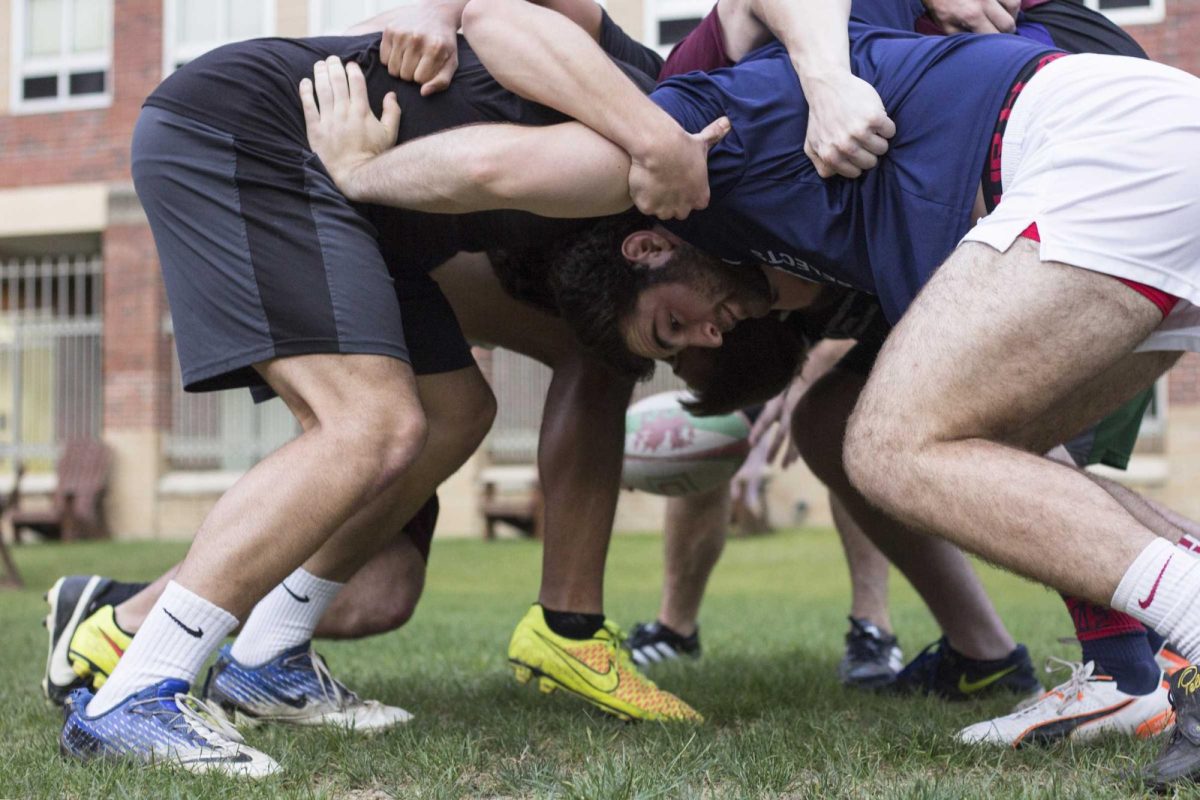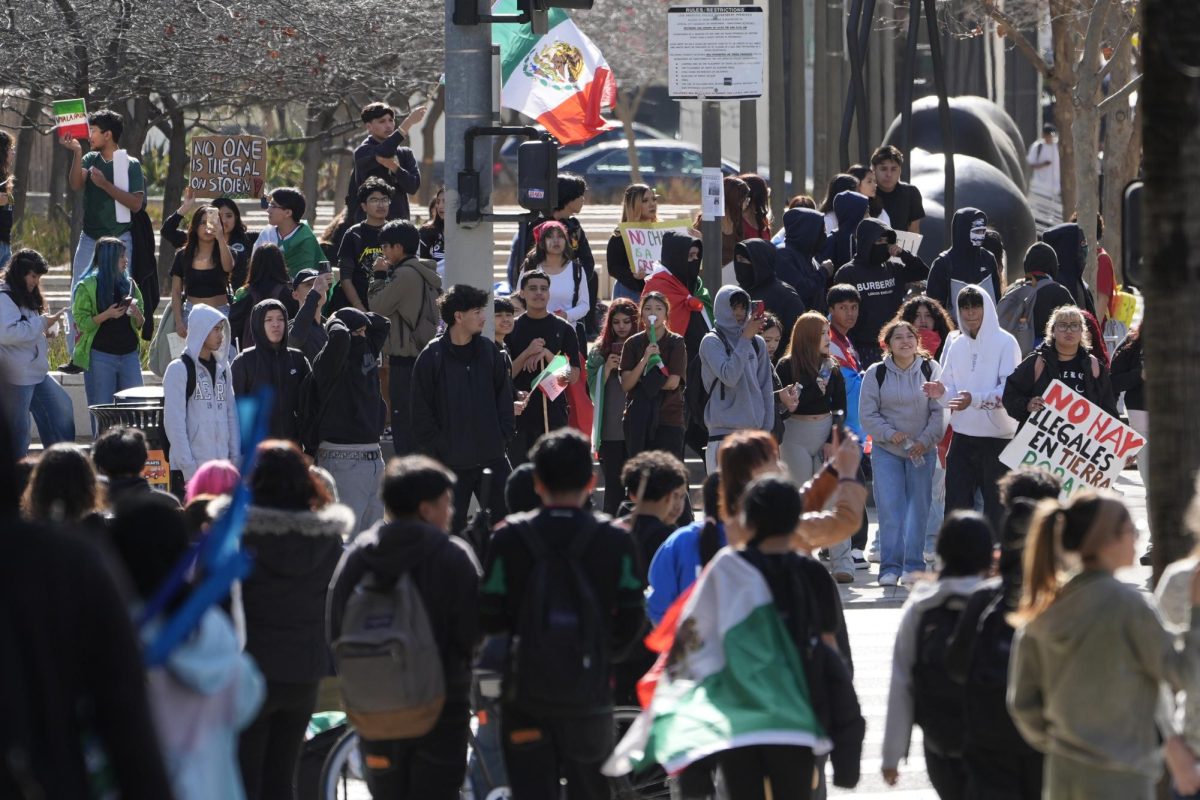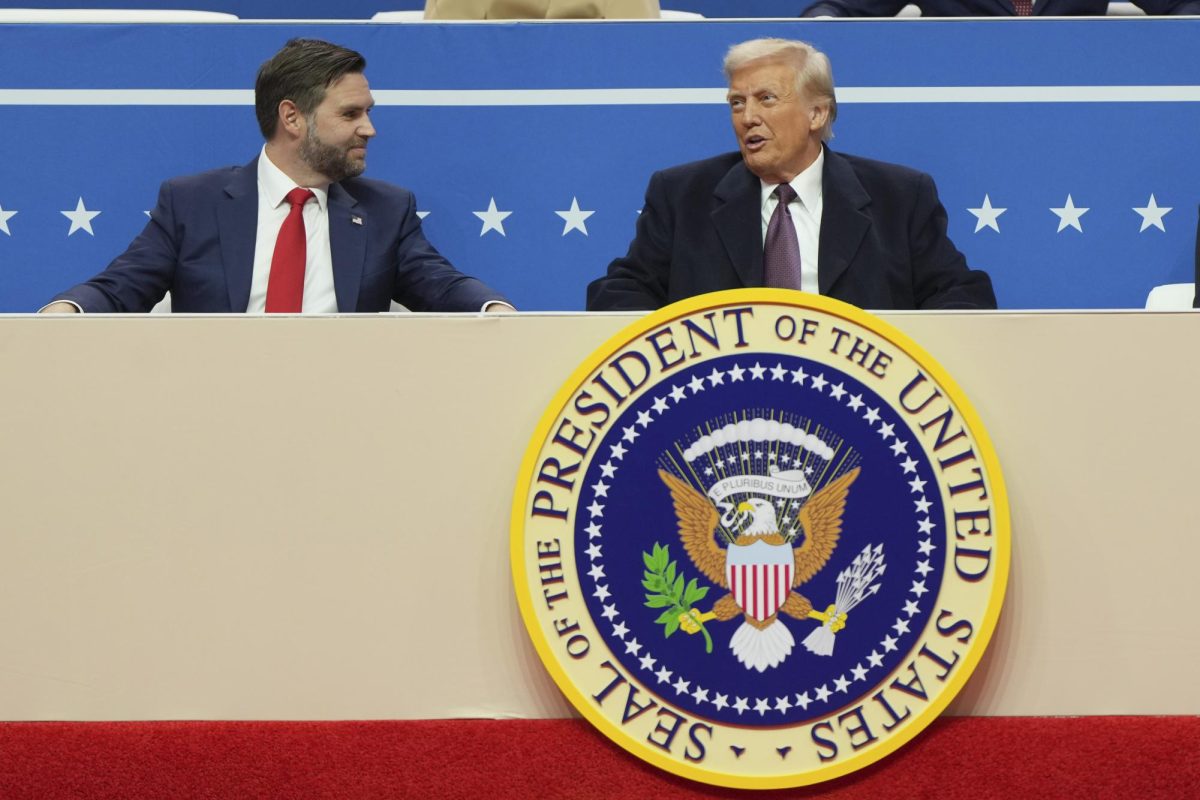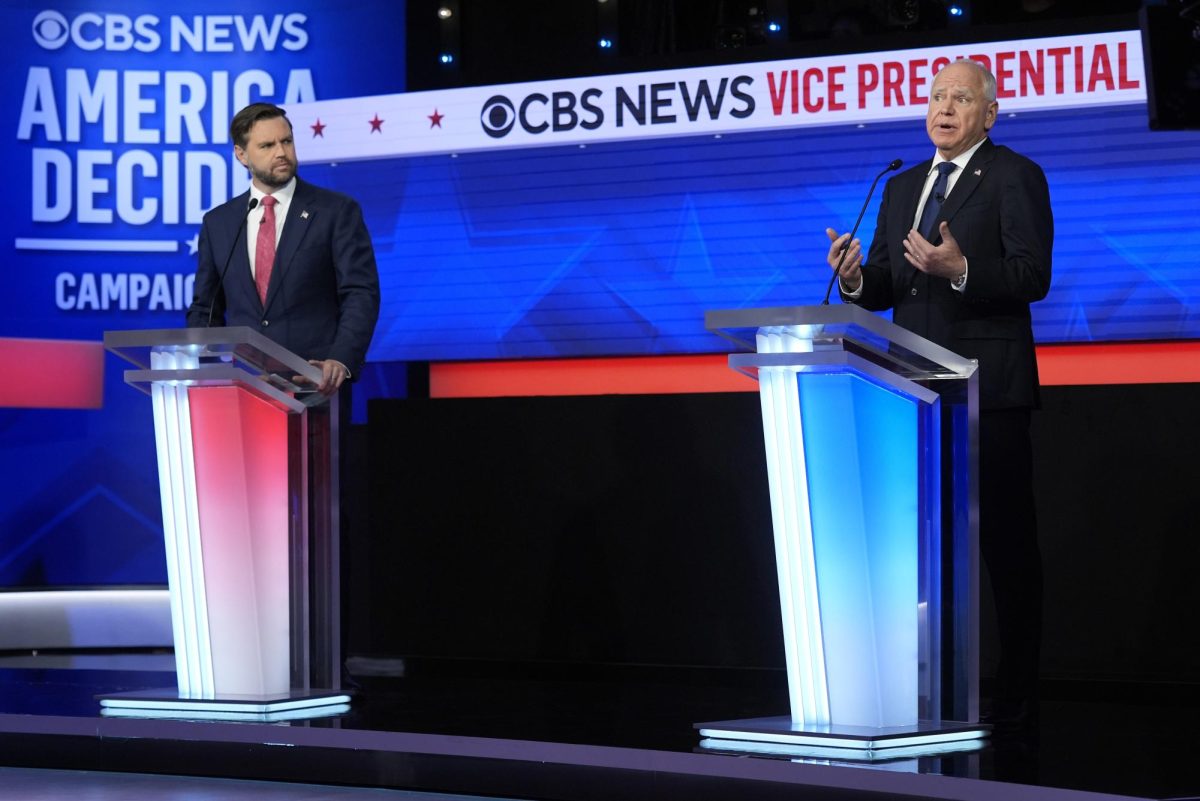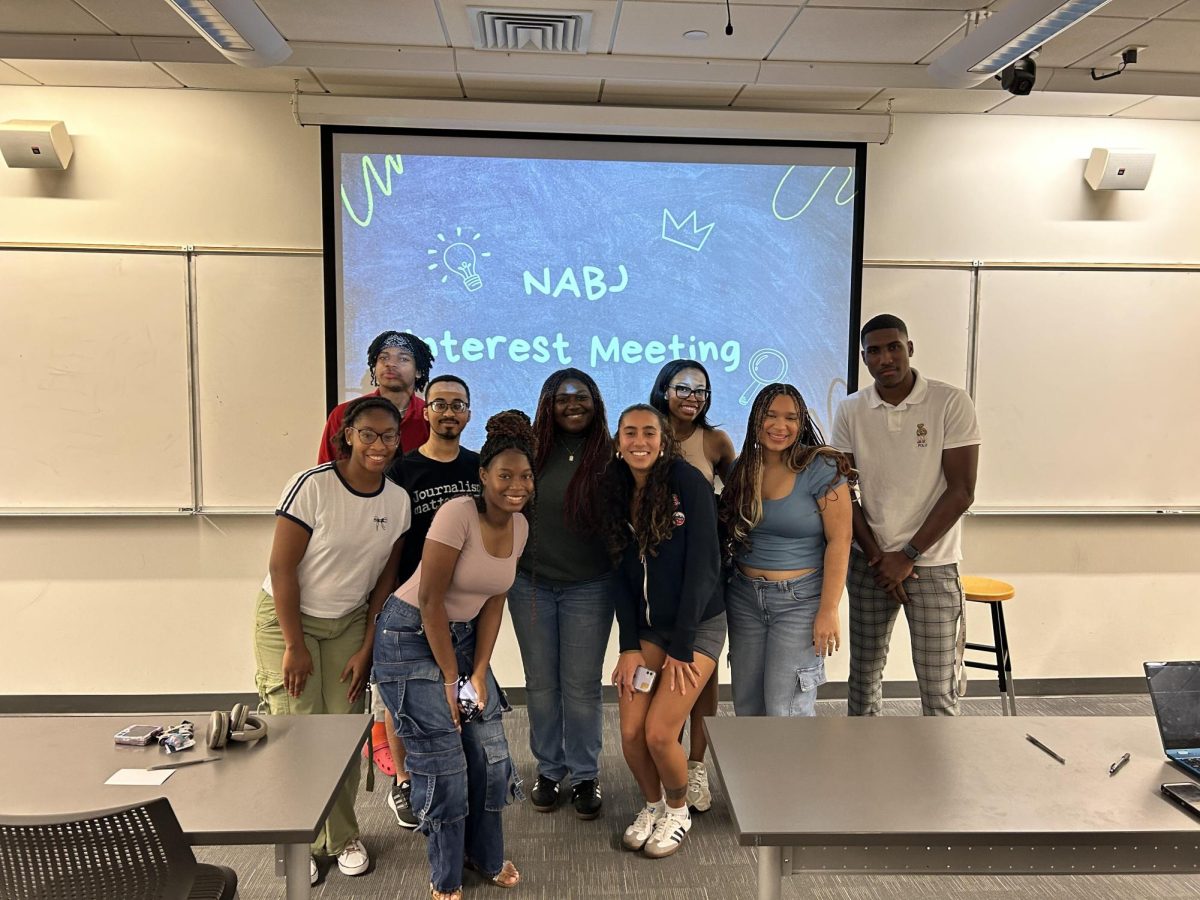“They’ve forgotten the drama of it all,” claims the figure in a Guy Fawkes mask.
The speaker is V, the anti-hero of Alan Moore’s V for Vendetta. In V’s world, human progress has reached an impasse, while an all-powerful fascist government stands in the spotlight: the star of a vicious cabaret.
The culprits behind this are the general public: everyday people like you and me who have forgotten all about the drama of the civic role and the romance of self-rule.
As I reread V for Vendetta, I find myself troubled by V’s words. Have we really forgotten about the drama of it all?
I see this most vividly in the American political realm. In theory, our government is supposed to be validated by the power of the citizen. So how can it be that while our civic role wanes, the power of politicians continues to increase?
Admittedly, as American politics become more and more like cheap vaudeville, it becomes easier to care less. In this light, V’s words seem less and less like dramatic flourish. Our apathy thus becomes our consent, tacit approval of a mediocre production.
Of course, I myself am no stranger to this sense of apathy. However, we must remind ourselves that apathy has never bred good art!
By rejecting or neglecting the civic role, we are reduced to being merely members of the audience-disdainful wielders of a critic’s pen who nevertheless remain complacent.
V’s message is powerful: if we truly want to revitalize our country, we must rid ourselves of the malady of apathy.
I, however, am not exactly proposing that Americans gather together and storm the U.S. Capitol.
Instead, I propose that we begin on a humbler route: the local route. I am an advocate of all things local because I believe that our convictions can indeed reconnect us with the drama of the civic life.
So where to begin? As members of the Loyola community, we have ample access to different breadths of knowledge and a lively student body.
These are resources that we should take advantage of while we still can.
For my part, I intend to play my own role with real conviction by continuing to work with the Loyola Society for Civic Engagement to engage the campus in provocative discussion and community improvement. LSCE is a great organization, and it is but one of many venues available at this university.
I hope that the start of a new year compels many folks here at Loyola to engage in some form of civic expression.
Individual initiative and conviction can improve the world around us, not merely at school but also in the community of New Orleans as a whole.
At the same time, we must not forget that our part in this drama doesn’t have to be limited to the traditional roles of voter or activist. The civic role is a complex one with many interpretations. Start a community garden. Support your local businesses. Join some kind of local organization.
Whatever role you choose to take is entirely at your discretion, but do bear V’s words in mind. Apathy can destroy us, but we as individuals remain capable of harnessing the vibrancy and romance of civic engagement. Thus, for now I will have to disagree with V-we have not forgotten the drama. Not yet.




